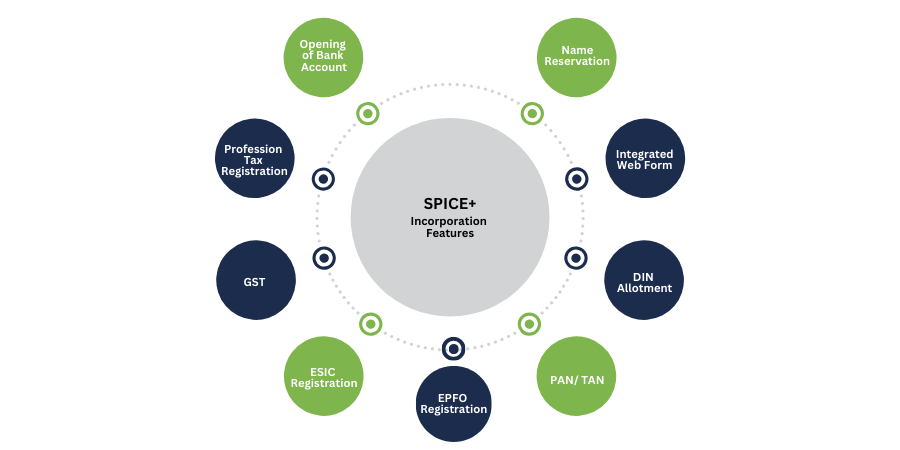ii) Government Route:
FDI in activities not covered under the automatic route requires prior approval of the Government which are considered by the Foreign Investment Promotion Board Department of Economic Affairs, Ministry of Finance.
Indian companies having foreign investment approval through the FIPB route do not require any further clearance from the Reserve Bank of India for receiving inward remittance and for the issue of shares to the non-resident investors.
The Indian company having received FDI either under the Automatic route or the Government route is required to report in the Form FCGPR, the details of the receipt of the amount of consideration for issue of equity instrument viz. shares or fully and mandatorily convertible debentures or fully and mandatorily convertible preference shares through an AD Category –I Bank, together with copies of the FIRC evidencing the receipt of inward remittances along with the Know Your Customer report on the non-resident investors from the overseas bank remitting the amount, to the Regional Office concerned of the Reserve Bank of India within 30 days from the date of receipt of inward remittances.
However, Companies Act, 2013 specifically provides for allotment of shares within 60 days from the date of inward remittance. Thus, it may be inferred that allotment shall be made within 60 days of inward remittance and FCGPR shall be filed within that duration.
After issue of shares ie., fully and mandatorily convertible debentures or fully and mandatorily convertible preference shares, the Indian company has to file the required documents in Form FCGPR with the bank in which funds were received. Bank will forward the FCGPR and the documents to the Regional office of Reserve Bank of India.
Sectors for which FDI is not allowed in India under the Automatic Route as well as under the Government Route:
FDI is prohibited under the Government Route as well as the Automatic Route in the following sectors:
1)Lottery Business including Government, private lottery, online lotteries, etc.
2)Gambling and Betting including casinos etc.
3)Chit funds
4)Nidhi company
5)Trading in Transferable Development Rights
6)Real Estate Business or Construction of Farm Houses
7)Manufacturing of Cigars, cheroots, cigarillos and cigarettes, of tobacco or of tobacco substitutes
8)Activities or sectors not open to private sector investment
- Atomic energy and
- Railway operations (other than permitted activities mentioned in entry 18 of Annex B).
Note: Foreign technology collaboration in any form including licensing for franchise, trademark, brand name, management contract is also prohibited for Lottery Business and Gambling and Betting activities.






































